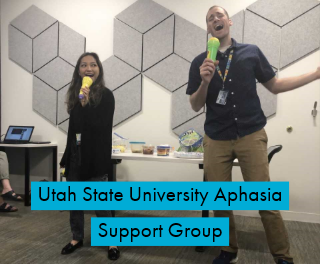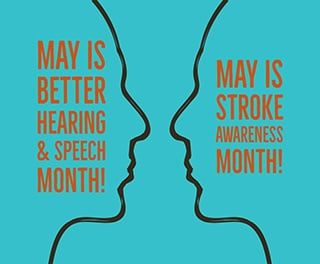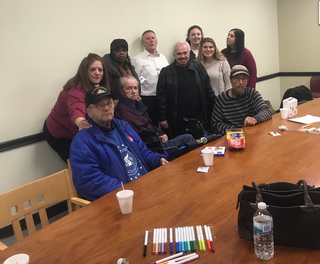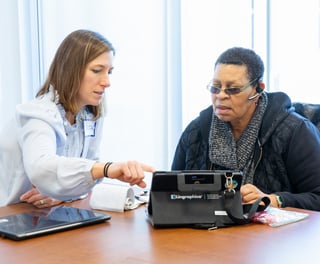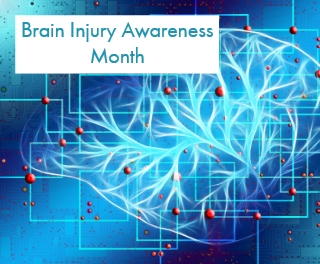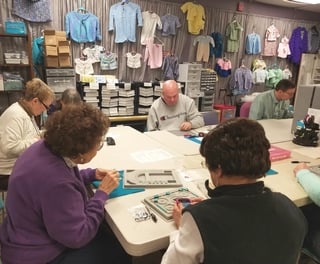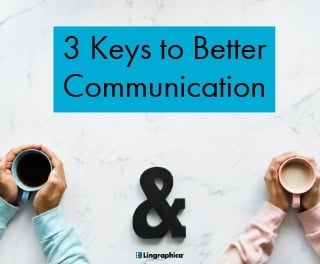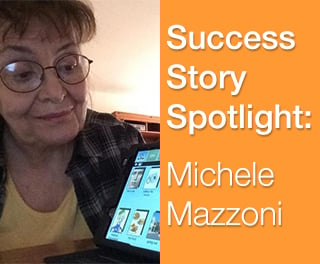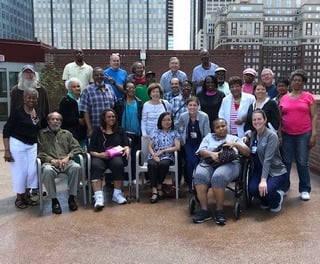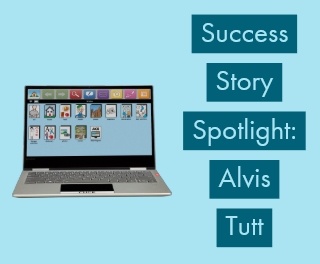Dealing with aphasia can be a long, hard road for many. Thankfully, there are organizations dedicated to helping and supporting that journey. Meet the Utah State University Aphasia Support Group and the services it provides to people who have aphasia.
May is Better Hearing & Speech Month, and it's also Stroke Awareness Month! Read on for a few facts, resources, and ways we can raise awareness together!
Apraxia and aphasia are communication disorders that can impact an individual’s participation in everyday life. These disorders can be devastating for both the person affected as well as his/her family members. Fortunately, there are support groups that guide these individuals and their families through difficulties they may encounter—like the Staten Island Apraxia and Aphasia Support Group.
Dealing with aphasia after stroke can be a long, hard road for many. Thankfully, there are organizations dedicated to helping and supporting those affected. Meet the University of Delaware Blue Hen Brew Crew, an aphasia support group in Newark, DE.
March is officially brain injury awareness month. Read on for brain injury facts, resources, and information about the #ChangeYourMind campaign hosted by the Brain Injury Association of America.
At the Adler Aphasia Center in Maywood, NJ, there's Something Special going on to provide services to those with aphasia. Read on to find out what it is and how you can support their efforts.
If you or a loved one has aphasia due to stroke, you may be asking some very important questions. How much speech will I recover? Will my loved one stop progressing after six months or so? Is there anything we can do to help the communication improve? Read on to find out three keys to better communication after stroke.
In July 2005, Michele Mazzoni, had a stroke at age 54. At that time, she worked as a certified nursing assistant at Morristown Memorial Hospital in New Jersey. She lived on her own, as her beloved husband had passed away the year before, and all four of her children were grown. She was diagnosed with aphasia and dysarthria, making it very difficult for her to communicate verbally. Michele received some speech therapy, and she began using a communication device in 2006 to help her interact with others and convey her needs.
Dealing with aphasia can be a long, hard road for many. Thankfully, there are organizations dedicated to helping and supporting that journey. Meet the Aphasia Community Support Group at Magee Rehabilitation Hospital in Philadelphia and the services it provides to people who have aphasia.
Last month, we asked for submissions from people who have had communication success with one of our devices to write in and tell us about their stories. Read on to find out about Alvis Tutt, whose mother couldn't be happier with his progress on an AllTalk.™


